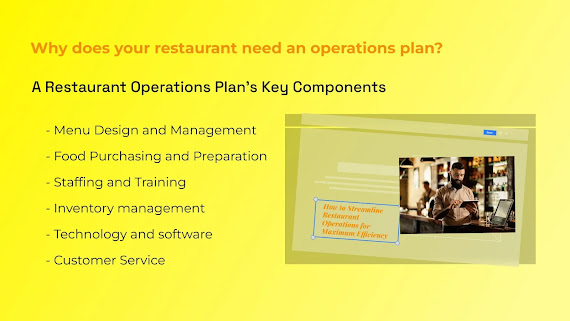Licensing and Permitting for Restaurants, Bars, and Food Trucks in California
In the world of food establishments, licenses and permits are non-negotiable. Whether you're planning to open a restaurant, café, bar, or even a food truck in California, understanding the licensing requirements is paramount. This involves everything from procuring a liquor license and securing a food facility health permit to obtaining a certificate of occupancy. The specific needs can vary from one place to another within California, which is why it's crucial for restaurant, bar, or food truck owners to be well-informed about the legal prerequisites in their particular city or county.
It all begins with obtaining a California seller's permit, but the journey doesn't end there. Each type of establishment requires a unique combination of licenses and permits. The key is to start this process early, as some approvals can take considerable time. Here's a comprehensive look at what you need to know about these licenses and permits.
General Requirements for Licensing Restaurants
To legally operate a restaurant in California, you typically need:
Business License: Issued by the local jurisdiction where your food establishment operates.
Employer Identification Number (EIN): A federal identification number for tax-related purposes.
Health Permit: Issued by the county where your establishment is located.
Seller’s Permit: Required for businesses selling taxable tangible goods.
Liquor License: Mandatory if you intend to serve alcohol.
Starting Your Restaurant in California
Registering your business with the Secretary of State is the initial step when opening a restaurant in California. For valuable guidance, CalGold serves as a handy tool. By entering your county and business type, it provides a list of necessary permits and licenses.
Here are some of the most common licenses and permits required in California:
Business License
California Seller’s Permit
Food Handler’s License
Certificate Of Occupancy
Liquor Permit
Catering License
Sign Permit
Resale Permit
California Business License:
This license, also known as a business tax certificate, ensures compliance with tax rules and regulations. In California, these licenses are managed and granted by the local city or county. If your food business operates in multiple locations across various jurisdictions, separate licenses are needed from each.
Documents Needed for a Business License in California:
EIN: A federal identification number used for tax-related matters.
Business Classification: Decide on your business structure, such as LLC, sole proprietorship, or partnership.
Business Name: Register a fictitious business name if required.
Address and Phone Number: Provide your contact details.
Restaurant Business Plan: Essential for a clear vision of your business.
Certificate Of Insurance (COI): Verifies your insurance policy details.
California Seller’s Permit:
Essential for businesses selling taxable tangible goods, the seller’s permit can be applied for online through the California Department of Tax and Fee Administration. Though the application is typically free, you may be asked for a security deposit to cover unpaid taxes in case of sudden business closure.
Food Handler’s License:
This permit, also known as the California Food Handler Card, is essential for safely serving and selling food. Employees in the kitchen or serving customers must obtain this card within 30 days of hire. The cost is typically minimal, and employees must pass a food safety and preparation test.
Certificate Of Occupancy:
This certificate confirms the safety and compliance of your building for restaurant operation. It requires inspections by local building or zoning departments. The procedure varies by location and building type.
Liquor Permit:
If you plan to serve alcohol in your restaurant, you must obtain a specific liquor license in addition to the food service license. Licensing details and types vary by state.
Catering License:
This permit, often part of health inspections, is necessary for catering services. Costs differ based on location and are subject to state regulations.
Sign Permit:
Before displaying any signage to attract customers, obtain a sign permit from the local government. Regulations regarding size, location, and lighting vary by city.
Resale Permit:
This permit allows tax-exempt purchases for resale product manufacturing. It eliminates double sales tax collection. Apply for it through the government website.
Laws, Requirements, and Regulations for Food Trucks in California:
Operating a food truck entails compliance with a wide range of regulations, including food safety, OSHA, waste disposal, driving, public health, tax, parking, and liquor laws.
Laws, Requirements, and Regulations for Bars in California:
Bar owners must adhere to various laws and may need additional permits, such as live entertainment licenses, music licenses, valet parking permits, and sidewalk permits, depending on the location and services offered.
This blog offers comprehensive insights into the licenses and permits required for restaurants, bars, and food trucks in California. For restaurant website development and digital marketing services, reach out to us.
.png)



Comments
Post a Comment